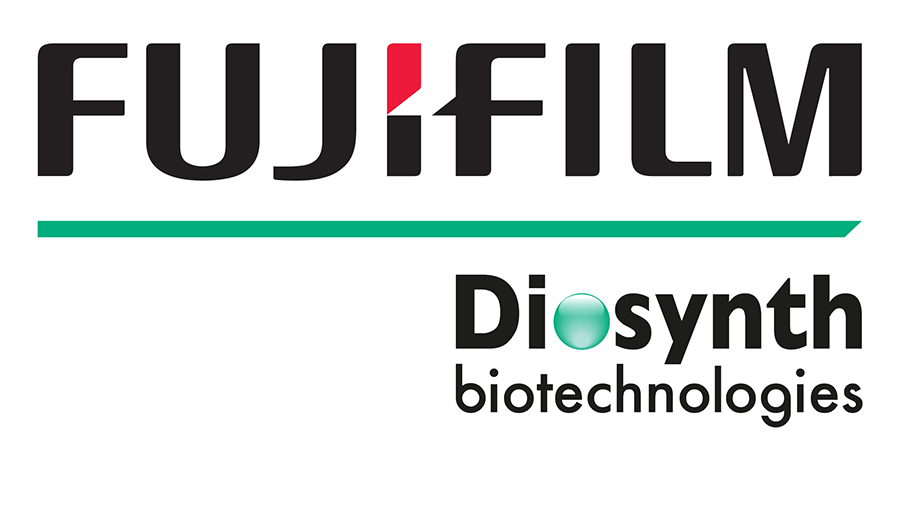Level 5 Operations / Departmental Manager
An Operations or departmental manager (service manager, heads of service, clinical lead )is someone who manages teams and/or projects, and achieving operational or departmental goals and objectives, as part of the delivery of the organisations strategy. They are accountable to a more senior manager (clinical director, director). Working in clinical and non-clinical settings the specific responsibilities and job titles will vary, but the knowledge, skills and behaviours needed will be the same. Key responsibilities may include creating and delivering operational plans, managing projects, leading and managing teams, managing change, financial and resource management, talent management, coaching and mentoring. Roles may include: Operations manager, Regional manager, Divisional manager, Department manager and Specialist managers.

What Topics Will Be Covered?
Frequently Asked Questions
What is an apprenticeship?
Apprenticeships are work-based training programmes that are designed to train people for specific job roles.
Who can do an apprenticeship?
You should be nominating any emerging leaders within your teams who you want to see increase in their knowledge, skills and behaviours and increase impact.
How long does an apprenticeship last?
18 Months
What qualifications will I gain?
- Level 3 Apprenticeship in Team Leader / Supervisor
- CMI level 3 in Principles of Management and Leadership
How is training delivered?
What is the application process?
- Manager nominates emerging leader
- Employee applies and completes skills scan
- Employee completes initial skills assessment
- Employee meets with Innersummit Ltd
- Leadership pathway route decided (accredited / non accredited)
Do apprentices take exams?
No
How many hours a week committment is there?
On average one day a week needs to be spent on OTJT (off the job training) some of this will be in the portfolio, other things included in that are training, learning events and workshops. This does not need to be every week but across the whole of the programme the average needs to be 20% of time.
What is the difference between each route?
Each route provides a different course of learning an opportunity to access training. The non-accredited route means you can access training whenever you want without a commitment to building a portfolio or an assessment. You have access across some modes of delivery.
The accredited route develops as an emerging leader providing you an opportunity to grow outside of your current role to gain a qualification in leadership and management. You have access across all modes of delivery.
Get In Touch and Register Now
Please use the contact form below to contact us.




